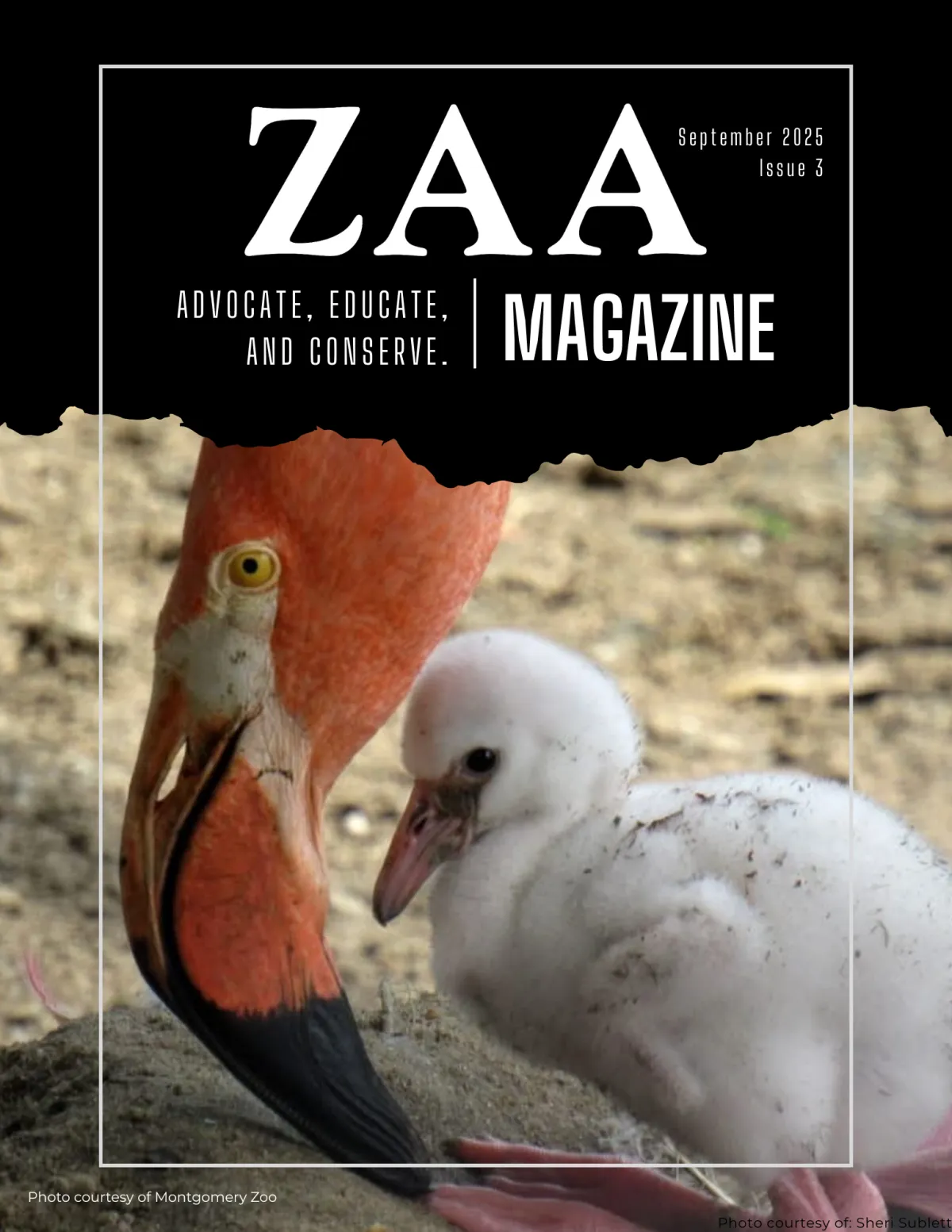Professional Development Resources
Photo: Jolene Westerling
Get news, webinars, events, and more straight to your inbox. Subscribe now!
Webinars
ZAA offers weekly webinars. If you are interested in viewing past webinars, you can join ZAA today.
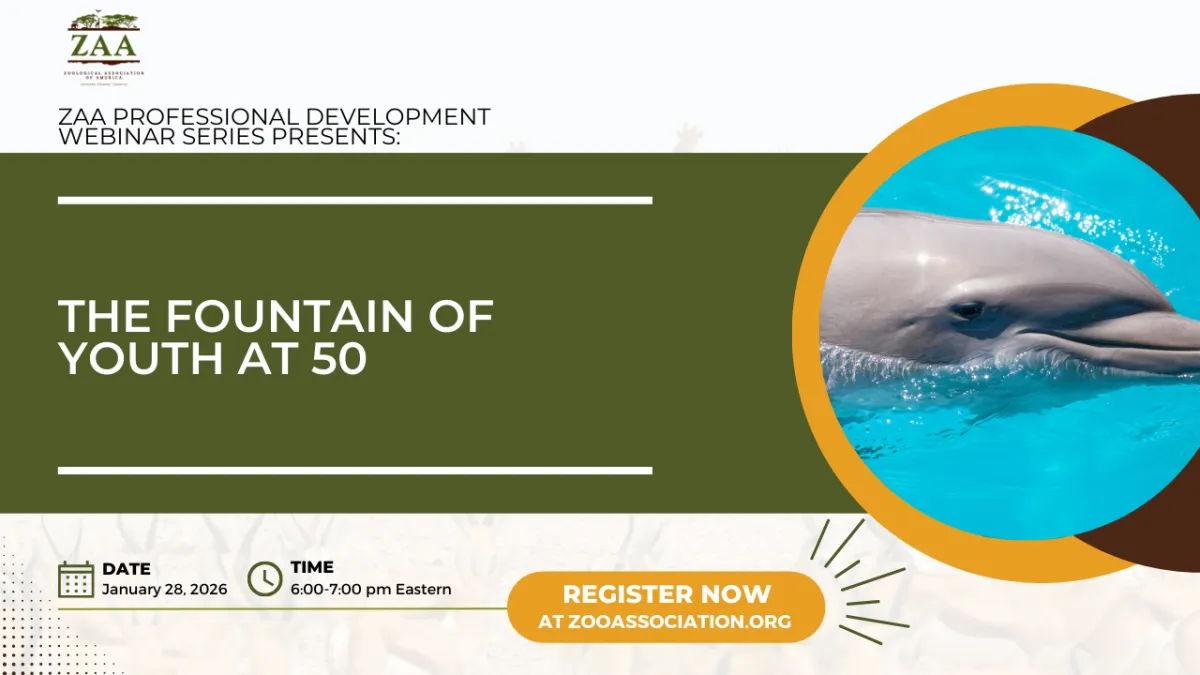
The Fountain of Youth at 50
January 28, 2026, 6pm ET | Registration Link
Panelist: Catherine Dunn, Senior trainer, Dolphin Research Center
Bottlenose dolphins are known to spontaneously lactate in the presence of a calf, but do mothers nurse from their lactating daughters? 48 year old Tursi and her daughter, Gypsi, lived together during Gypsi’s first pregnancy. On May 31, 2022, Gypsi gave birth to Bowie and showed no signs of bonding with her daughter, leading to Bowie being hand-raised. Trainers collected milk voluntarily from Gypsi to feed Bowie. July 2022, bruises were noticed on Tursi’s tongue and she was observed nursing from Gypsi. Tursi has benefited from this high calorie, easily digestible supplement and in the process taught Gypsi the mechanics of nursing. Over two years later, nursing is still witnessed and Tursi, who has a history of GI and kidney problems, has had no major health relapses since she found this “fountain of youth”
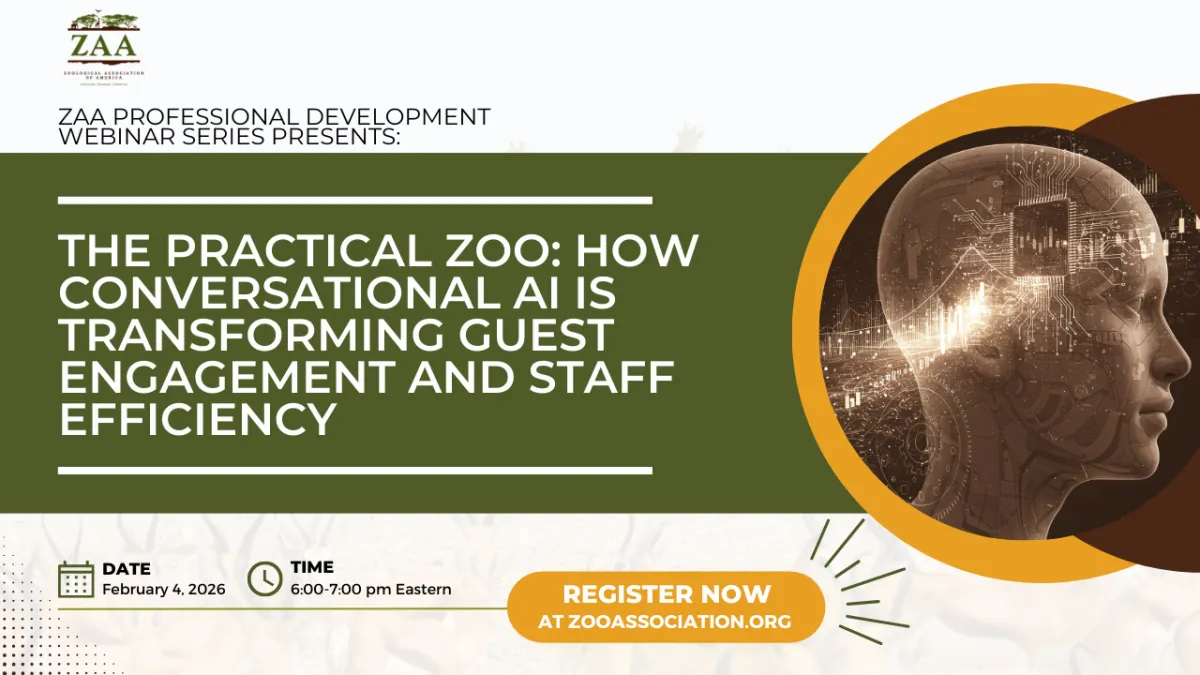
The Practical Zoo: How Conversational AI is Transforming Guest Engagement and Staff Efficiency
February 4, 2026, 6pm ET | Registration Link
Panelist: Sam Hickey, Co-Founder & CEO, NXTLVL AI Solutions
Discover how forward-thinking zoos and wildlife parks are deploying 24/7 “AI Teammates” to eliminate missed calls, enhance guest service, and empower human staff to focus on high-value work. In this session, we’ll show you how conversational AI is acting as a tireless frontline rep — answering FAQs, upselling memberships and encounters, booking appointments, and even logging CRM data — all for less than the cost of one entry-level hire. Learn how to turn every guest interaction into a revenue opportunity while reducing burnout, admin headaches, and staffing bottlenecks.
Webinar Spotlight
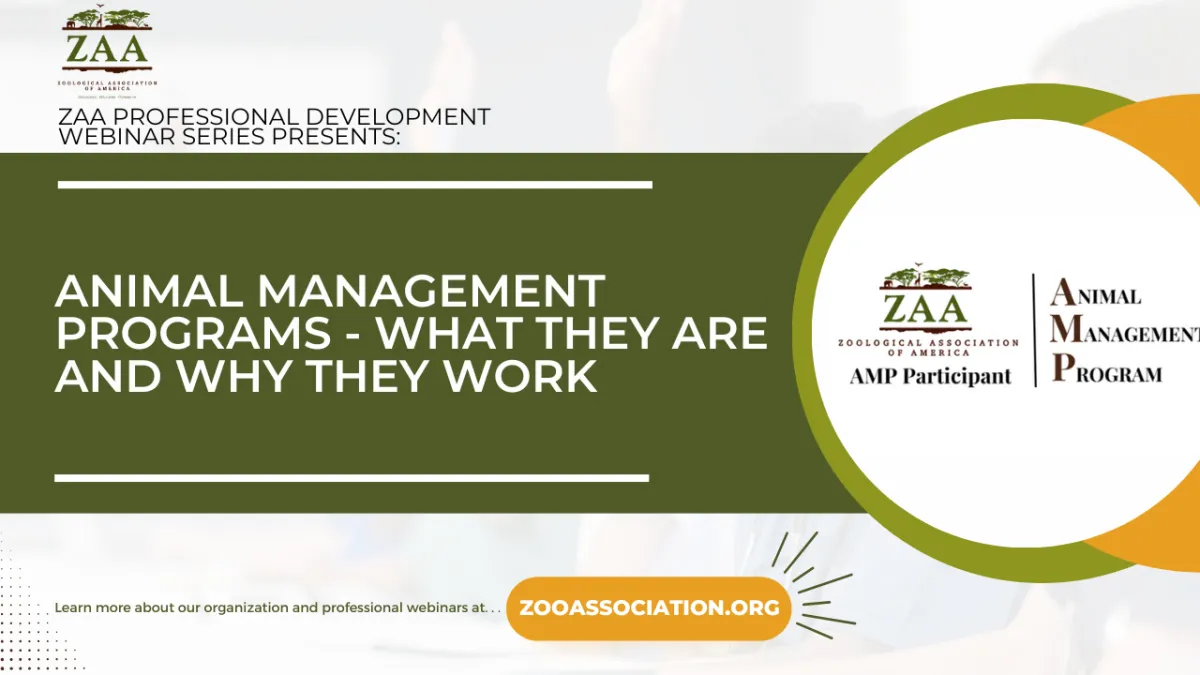
Animal Management Programs - What they are and why they work
Watch the recording here to learn more about AMPs: https://youtu.be/_EtzwM844U0
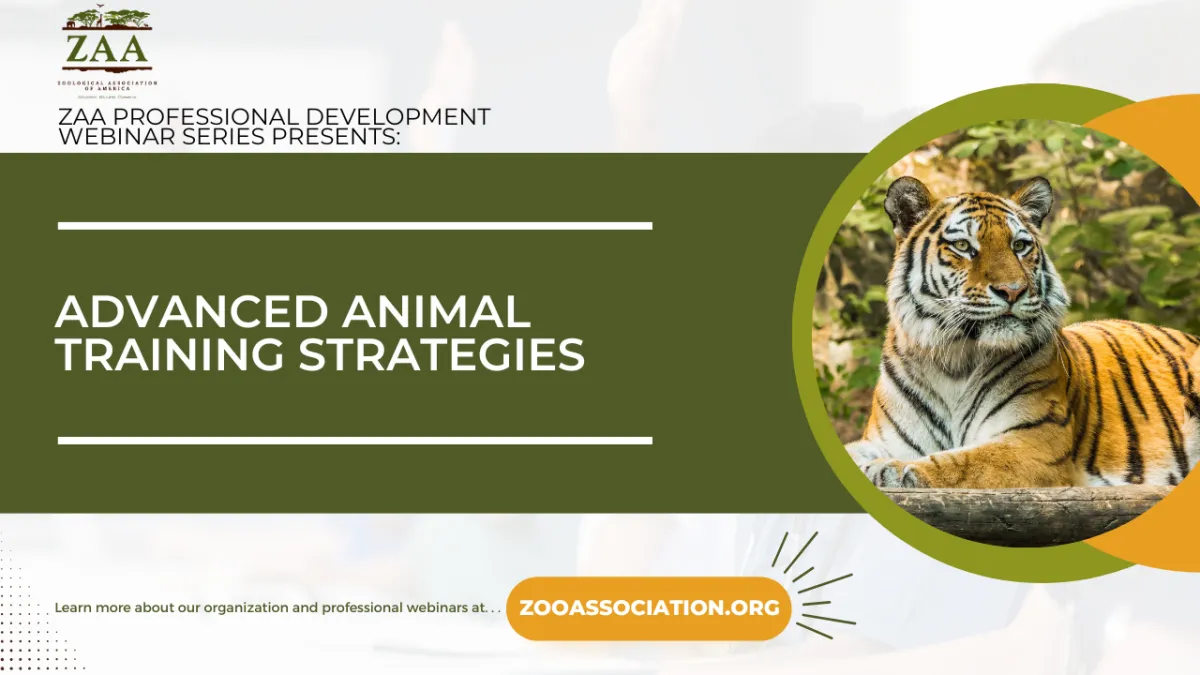
Advanced Animal Training Strategies
Watch the recording here: https://youtu.be/GFhNKzj8UBI
Magazine
Would you like to access previous issues of the ZAA Journal?
Join ZAA to view the journal archives for ZAA professional development webinar archives, and more.
Inside the December 2025 Issue
Notes:
Advocate | The ESA Amendments Act of 2025
Educate | The “Keeper for a Day” or “Junior Zookeeper” program model: A long-standing program concept
Conserve | Thoughts on Feeding Animals in Managed Care
Behavior Buzz | Capybara Encounters at Amazing Animals: Training, Choice, and Conservation
Wild About Welfare | The Impact of Animal-Visitor Encounters on Animal Welfare
Bonus Article - Advocate: 2025 ZAA Awards
Bonus Article - Educate: Empowering Wild Feline Conservation: The Feline
Bonus Article - Conserve: Conservation Challenges and Insights: Protecting the Endangered White-bellied Heron Ardea insignis in Bhutan
Bonus Article - Educate: Niabi Zoo Supports Conservation Education at Painted Dog Research in Zimbabwe
Bonus Article - Conserve: The State of Giraffe in 2025: A Turning Point for Africa’s Tallest Mammals
Advertise in the ZAA Magazine
Click here to learn more about our ad rates.
If you would like to advertise in the quarterly ZAA Magazine, email [email protected].
Submission deadlines:
1st of March, June, September, December
Events and Workshops
Interested in advertising your event or workshop on the ZAA website, member weekly newsletter, or monthly non-member newsletter? Email us at [email protected]!

International Elephant Foundation Conservation Chat
January 29, 2026 | Virtual
Special guest Laura Van Der Meer will be joining this chat. Laura is an elephant policy expert who will discuss CITES, permits and more. This talk is sure to be interesting to all folks interested in animal-related government affairs. All are welcome, and it is free to attend.
Click here for more information.
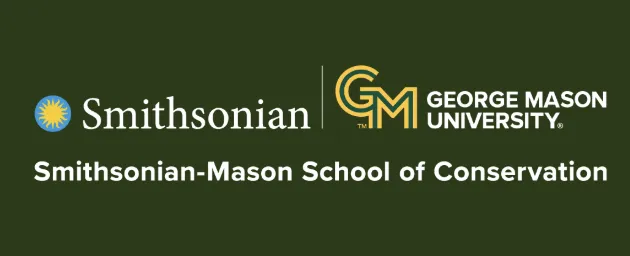
Practical Zoo Nutrition Management Course
April 27, 2026 - May 2, 2026 | Smithsonian Mason School of Conservation
Through a combination of class/lecture information and applied experiential learning, the course will focus on three main aspects of nutrition program management: clinical nutrition, commissary management, and applied thinking/philosophy.
Click here for more information.

2026 AAZV 58th Annual Conference
October 18th-23rd, 2026 | Virtual
Click here for more information.
Disclaimer: The events and workshops listed on this page are provided for informational purposes only. Inclusion does not constitute endorsement or imply affiliation by the Zoological Association of America (ZAA).
Animal Training
OPTIMIZING ANIMAL WELFARE THROUGH TRAINING
Training plays a vital role in promoting the well-being of animals in managed care. The ZAA’s Animal Training Committee champions integrating evidence-based animal training practices as an essential component of comprehensive animal care alongside factors like nutrition, veterinary care, enrichment, and appropriate habitats.
THE BENEFITS OF ANIMAL TRAINING
Contemporary animal training transcends simple behavior change. By employing a combination of behavior analysis, ethology, phylogeny, and extensive practical application, today’s animal training fosters a deeper understanding of animal behavior, allowing for the development of training programs tailored to an animal’s individual needs and specific contexts. These programs provide numerous benefits for animals in managed care, including the following:
Enhanced Animal Welfare: Training facilitates cooperation in medical care, allows for the implementation of enriching activities, supports day-to-day care, and promotes overall well-being.
Conservation Support: Training can be instrumental in learning about a species, preparing animals for reintroduction programs, and teaching behaviors that contribute to conservation efforts.
Guest Engagement: Well-trained animals can serve as effective ambassadors for their wild counterparts, inspiring guests to become advocates for wildlife conservation.
Interested in Learning More about The Animal Training Committee? View their factsheet below!

Photo: Jolene Westerling


